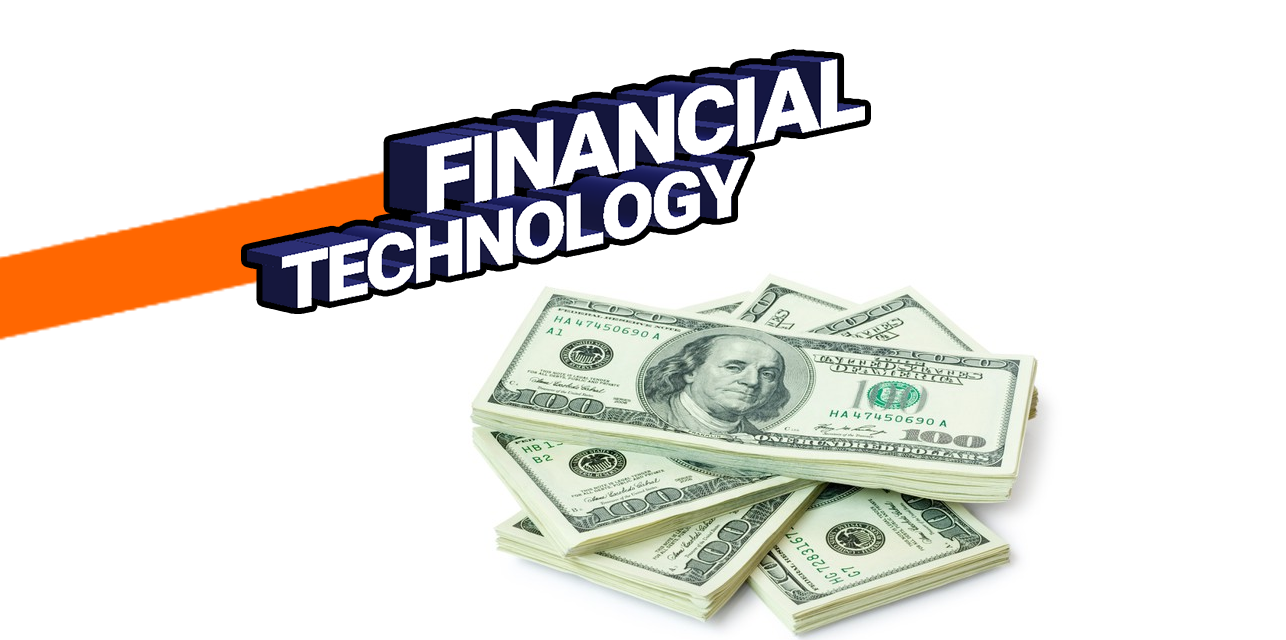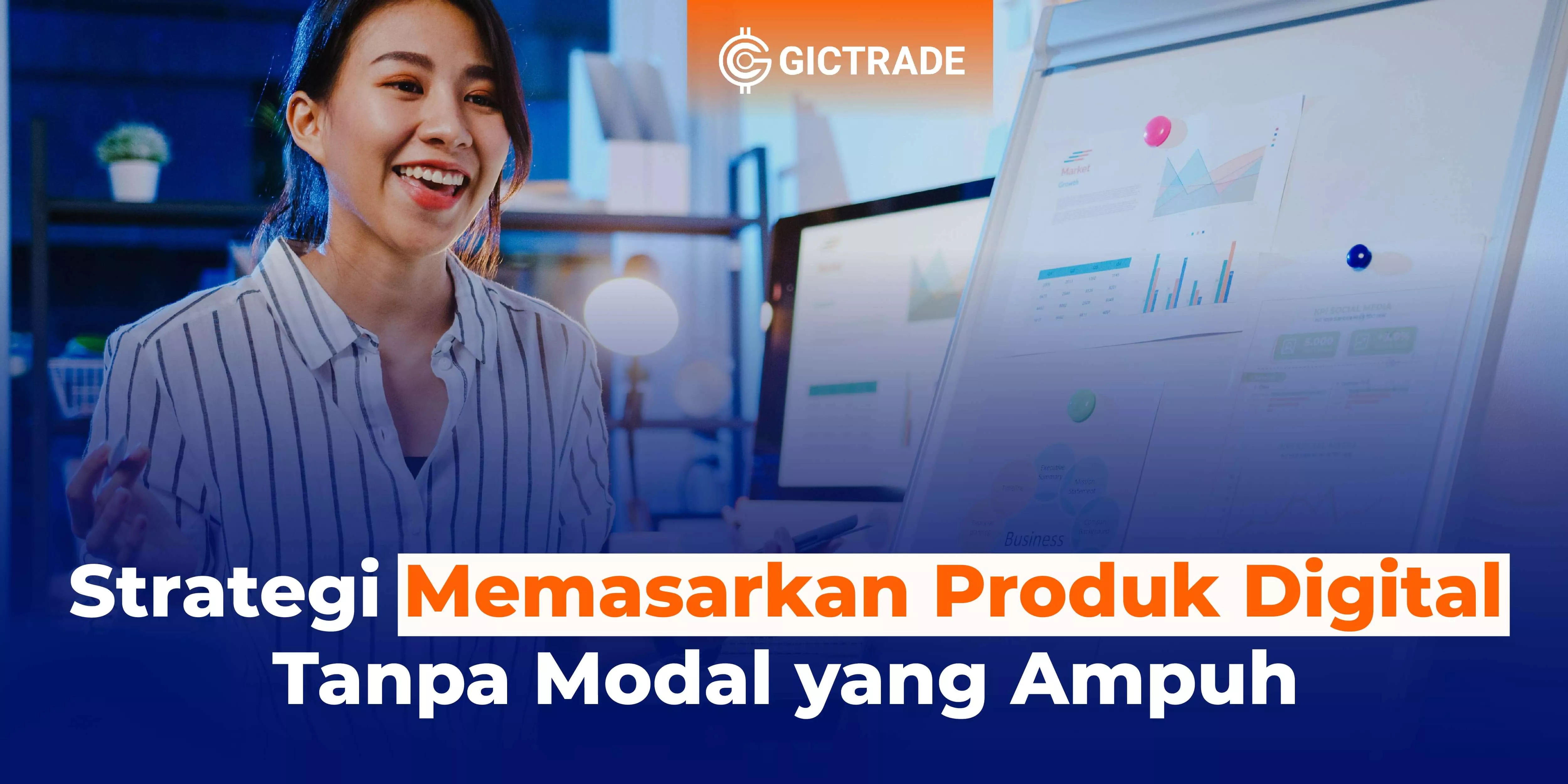Known as an update in the financial industry,
financial technology is now the mainstay of society in facilitating transactions and investments. Known as the popular term fintech, what is the ease of
financial technology?
Actually, what is financial technology (fintech)?
Quoted from the official website of the Financial Services Authority (OJK), the definition of
financial technology or fintech is an innovation in the financial services industry that utilizes the use of technology. Fintech products are usually in the form of a system that is built to carry out a specific financial transaction mechanism. Simply put, the definition of
financial technology or fintech is a type of company in the field of financial services combined with technology.
Financial technology itself is commonly used by various startups or
startups, both conventional and sharia-based. The goal is to help and maximize the use of technology to transform and accelerate various aspects of financial services. According to Bank Indonesia itself,
financial technology has a great influence on the stability of the financial system, the smoothness, security, and reliability of the payment system. So, starting from payment methods, fund transfers, loans, fund collection, to asset management can be done quickly and quickly thanks to the use of modern technology. The development of
financial technology in Indonesia itself is growing rapidly from year to year. The increasing use of the internet and
smartphones is the background why
financial technology is also growing rapidly. According to World Bank data, in 2007, fintech users were only 7 percent, then it grew to 20 percent in 2011. Then it increased to 36 percent in 2014, and in 2017 it has reached 78 percent or recorded as many as 135-140 companies, with the total value of fintech transactions in Indonesia, in 2017 estimated to reach Rp202.77 trillion. So it is not surprising that fintech is a necessity that can change a person's lifestyle, especially those who are familiar with or engaged in finance and technology. Then, what about fintech regulations? The development of fintech in Indonesia is growing so fast that it is feared that it will have a bad impact on its implementation. Therefore, the Financial Services Authority (OJK) and Bank Indonesia (BI) according to their authority that regulate and supervise the financial services industry have spawned several regulations to regulate fintech.
What are the benefits of financial technology or fintech for society?
Quoted from Forbes, the presence of fintech has succeeded in disrupting traditional financial services. Many people feel helped by the presence of
fintech. What are the benefits of financial technology?
1. Providing financial services
One of the benefits that may be felt by the public for the presence of the financial technology industry is the ease of financial services. A simple example, currently, there are many banks that allow you to open an account without having to go to the bank. Just by using a smartphone and the sophistication of financial technology, you already have an account. Likewise, if you want to make a money transfer, you have to go to an ATM or even a bank teller. Meanwhile, with financial technology, you no longer need to queue because you can already do it through your smartphone. Not only fund transfers, fintech also allows you to deposit various bills such as phone, electricity, water, and even BPJS bills. So, you no longer need to leave the house to make all these transactions.
2. Supporting financial inclusion
Financial inclusion can be interpreted as the state of society in accessing or using financial service products such as banking, insurance, and investment. Well, the presence of financial technology is considered one of the surefire solutions to support financial inclusion. The goal is of course to improve the community's economy by reducing economic inequality through increasing and equitable public access to financial products and services. An example of an online-based financial technology service makes anyone can access financial services more easily, you can connect at any time as long as you have a qualified internet network.
3. Get business capital with lower interest
Before fintech, MSME players in Indonesia relied on loans from banks to get business capital. As you know, bank loans usually have quite high interest rates. In addition, the requirements and procedures are quite difficult. However, as an MSME actor, you also need to pay attention to various requirements when applying for funds at crowdfunding institutions, one of which is the amount of loan interest. Make sure the institution you choose is registered and supervised by the Financial Services Authority (OJK). So, MSME actors finally got a solution to get capital through fintech. This system is also called peer-to-peer (P2P) lending, which means an online-based practice platform that brings together MSME actors who need funds or capital with people who are willing to invest and lend their money.
4. Reduce the amount of high-interest loans
Currently, fintech is considered to be able to answer the demand for a transparent money lending system that can be enjoyed by the public. In addition, when compared to other money/fund lending systems, fintech provides loans with interest rates that are not too high. In Indonesia and even in the world today, the amount of investment in the fintech sector is getting higher and larger. Seeing these opportunities, new
startup companies that are also engaged in fintech can easily get investment funds from investors because of the possibility of a high profit rate.
5. As an alternative investment option
Borrowing money nowadays is much easier, it's just that you need to choose a platform that guarantees the security of personal data and is under the auspices of an official state agency. However, besides being a solution to funding needs, fintech can also be an alternative option for investing that plays a role in financial management by helping to develop your funds. For example, on a P2P
lending platform, you can become a creditor or lender with yields ranging from 10% to 21% per year. This value is much greater than deposit investment which has an average return of 7% per year.
What are the types of financial technology?
Quoted from the official website of the OJK Sikapi Uangmu, there are five types of
financial technology. Here are the types of fintech.
1. Crowdfunding
Crowdfunding or fundraising is one of the models of fintech that is popular in various countries, including Indonesia. With this technology, people can raise funds or donate to an initiative or social program that they care about. One example is fundraising to build the R80 aircraft designed by BJ Habibie. An example of a financial technology startup with a crowdfunding model that is currently popular in Indonesia is KitaBisa.com.
2. Microfinancing
Microfinancing is one of the services of fintech companies that provide financial services for the lower middle class to help their daily lives and finances. Because people from this economic group mostly do not have access to banking institutions, they also experience difficulties in obtaining business capital to develop their business or livelihood. Microfinancing seeks to bridge this problem by distributing business capital directly from lenders to prospective borrowers. The business system is designed to have a competitive return for lenders, but still attainable for borrowers. One of the fintech company startups engaged in microfinancing is Amartha, which connects micro-entrepreneurs in rural areas with investors online.
3. P2P lending service
This type is better known as fintech for money lending. This fintech company helps people who need access to finance to meet their needs. With this fintech understanding, consumers can borrow money more easily to meet various life needs without having to go through the convoluted process that is often encountered in conventional banks. One example of a fintech company engaged in money lending is AwanTunai, a
startup that provides digital installment facilities safely and easily.
4. Market comparison
With this fintech, users can compare various financial products from various financial service providers. Fintech is also able to function as a financial planner. With the help of fintech, its users can get several investment options for future needs.
5. Digital payment system
Digital payment system is a startup engaged in providing services in the form of payment of all bills such as credit and postpaid, credit cards, or PLN electricity tokens. One example of a fintech company engaged in this digital payment system is Payfazz which is an agency-based to help the people of Indonesia. Especially those who do not have access to banks, to make payments of various kinds of bills every month. So far, the fintech industry is still regulated by OJK Regulation (POJK) Number 77 of 2016 concerning Information Technology-Based Money Lending Services.
Secure investment with blockchain technology in GIC
The emergence of blockchain technology has made many financial technology companies apply this technology. What is blockchain? Blockchain is a new technology developed for digital data storage systems. This technology is connected through cryptography and its use itself cannot be separated from bitcoin and cryptocurrency. The goal is of course for the security and transparency of transactions. Well, GIC itself uses blockchain technology to make your investment safe and transparent! It is suitable for those of you who are looking for a safe and profitable investment place. Not familiar with GIC? Let's get acquainted. Unlike other conventional brokerage firms, GIC through the GICTrade platform provides a solution for traders who do not want to be charged with high trading fees. GICTrade is a peer-to-peer trading platform that brings together traders and market makers. So, what is special about GICTrade? As a platform that brings together traders and market makers, you as a potential customer can certainly choose between the two, namely becoming a trader or a market maker. GICTrade's role as a transaction venue provider can minimize costs and help maximize profits for traders and market makers as well as create a fair transaction atmosphere and results. Traders will benefit from the absence of commission fees and low swap fees and spreads due to the presence of market makers as liquidity providers. You can also join the trader community on GICtrade's Telegram to ask fellow traders directly about their trading experience. Also follow GIC's Instagram to get webinar information and various attractive prizes. In addition, on YouTube GIC, traders can also learn to trade for free! What are you waiting for? Get more features that fully support you to start investing and trading forex through GIC. Make transactions simpler, safer, and more profitable. Start by creating a demo account.

 Last:
Last: 






